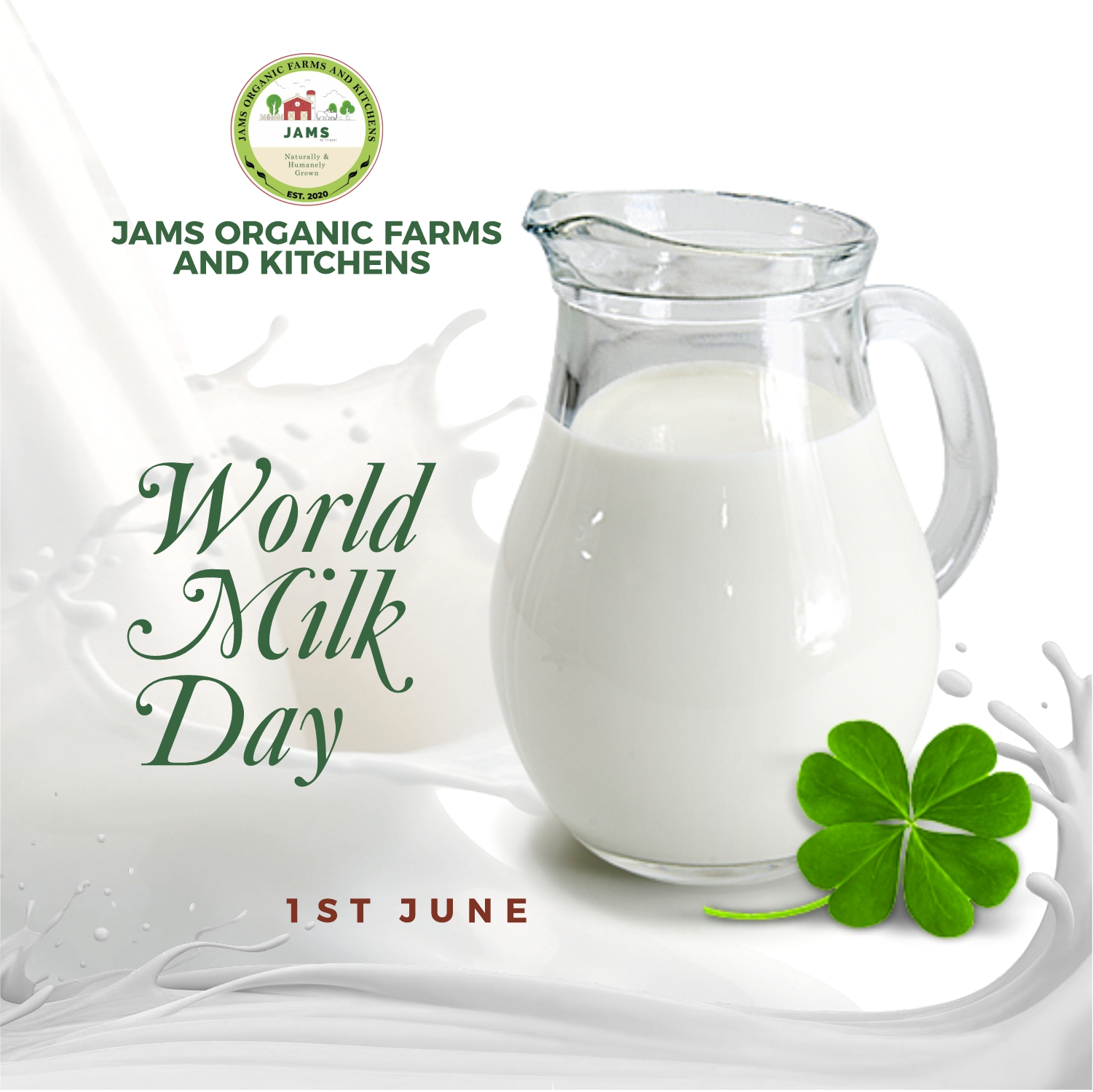Milk; one of the drinks of paradise
Milk takes a central position among all drinks; in the same league as honey, pure water, and non-alcoholic wine, and its most prolific producer; the cow, has a whole chapter named after it in the holy book.
Milk is a nutrient-rich liquid food produced by the mammary glands of mammals. It is the primary source of nutrition for young mammals, including breastfed human babies, before they are able to digest solid food and for cow milk; baby cows (calves).
Livestock, mainly cows as well as sheep and goats are raised for commercial milk production and the way this is done in many cases raise a number of ethical questions.
There are many who advocate the boycott of cow milk due to the inhumane conditions under which some of these animals are kept, but there is a better way.
Humane treatment of cows & others
When livestock is grass-fed, when livestock is pastured, when the milk is shared with the baby cows, so they are not deprived completely of nourishment from their mothers when the cows are not over milked or pumped with hormones so they produce milk beyond their natural rhythm, then we have milk that is wholesome and safe for human consumption too.
Milk has an impressive nutritional profile.
Milk contains a wide array of nutrients, including vitamins, minerals, good quality protein (with all the 9 essential amino acids), healthy fats, and antioxidants.
Protein is necessary for many vital functions including growth and development, cell repair, and immune system regulation.
It may help reduce age-related muscle loss and promote muscle repair after exercise.
Drinking milk has long been associated with healthy bones.
This is due to its powerful combination of minerals including calcium, phosphorus, magnesium, potassium, and (in grass-fed, full-fat dairy) vitamin K2.
Studies suggest that consuming milk and dairy products may prevent osteoporosis and reduce the risk of fractures.
Whole milk as part of an healthy diet can aid weight loss.
Milk Is a Versatile Ingredient
It can be used fresh, evaporated, condensed, powdered, and skimmed, it can be made into cheese, whey, butter, and cream and it can be a key ingredient of cakes, biscuits, bread, and sauces. It can be added to smoothies as well as coffee, tea, and cereals.
But milk is not for everyone
Many people can’t tolerate milk because they’re unable to digest lactose, a sugar found in milk and dairy products. They can use milk alternatives especially plant-based options like almond, soy, and coconut milk.
We celebrate cows and their friends and the milk they produce, we advocate for humane treatment of livestock so that we can share the wholesomeness of milk healthily and guilt free.
